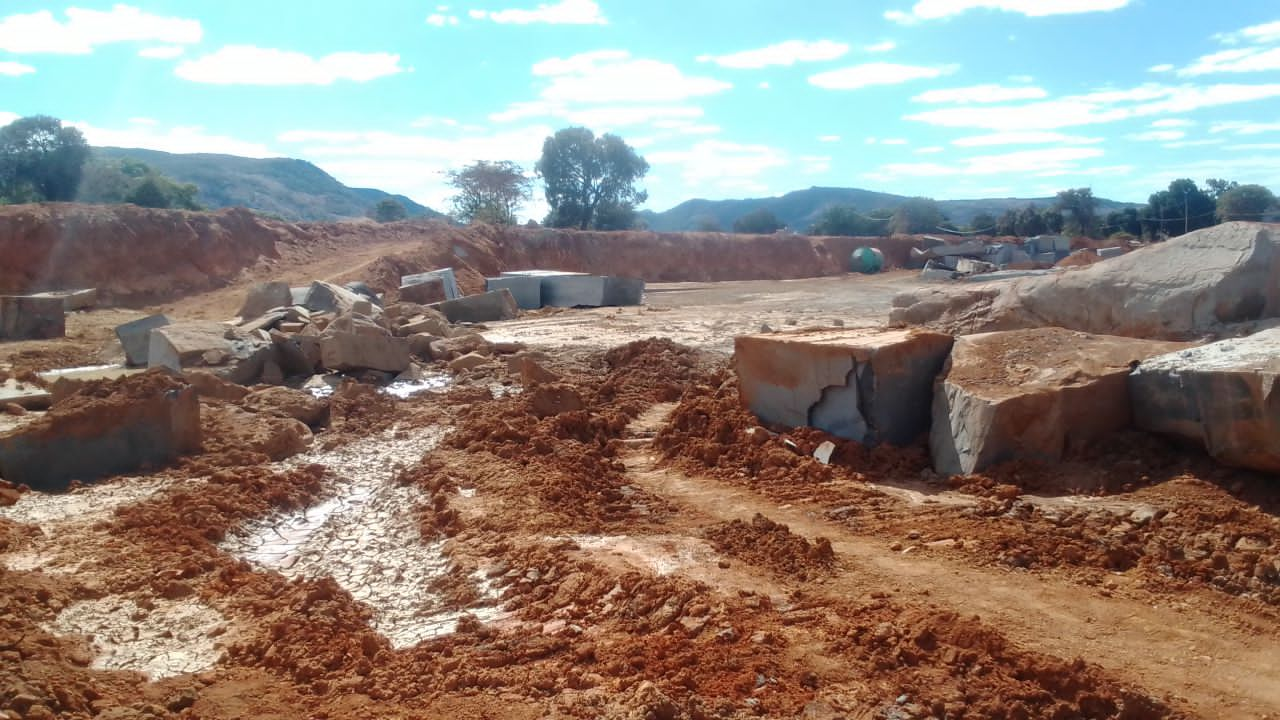By Bigboy Madzivanzira
Zimbabwe, a country known for its stunning natural beauty, is facing an unprecedented environmental crisis due to unregulated mining activities. As a Health Promotion Practitioner and registered traditional medicine practitioner, I’ve witnessed firsthand the devastating impact of environmental degradation on local communities and ecosystems.
*The Destruction of Natural Resources*
The country’s mining sector, dominated by Chinese companies, has led to widespread environmental degradation, including deforestation, pollution, and habitat destruction. The Boterekwa escarpment, once a majestic natural wonder, has been transformed into a hazardous wasteland due to illegal mining activities. This destruction not only threatens the environment but also the livelihoods of communities that depend on agriculture and natural resources.
*Human Cost of Environmental Degradation*
The effects of environmental degradation are far-reaching, with rural communities bearing the brunt of the impact. Land degradation costs each person $112 annually, amounting to $1.8 billion annually for the entire population. The loss of biodiversity and disruption of local ecosystems put cultural practices and traditional medicine at risk, further exacerbating poverty and food insecurity.
*The Need for Sustainable Development*
Zimbabwe’s commitment to sustainable development and environmental protection is enshrined in its constitution, but the reality on the ground tells a different story. The government must take decisive action to protect the country’s natural heritage and promote sustainable economic development. This includes strengthening environmental regulations, ensuring transparency and accountability in the mining sector, and prioritizing community engagement and participation.
*Potential Solutions*
Some potential solutions to address environmental degradation in Zimbabwe include:
– Strengthening Environmental Regulations: The government must enforce existing laws and regulations to prevent environmental degradation and hold polluters accountable.
– Community-Led Conservation: Local communities must be empowered to take ownership of conservation efforts and participate in decision-making processes.
– Sustainable Livelihoods: Alternative livelihoods, such as sustainable agriculture and eco-tourism, can provide income-generating opportunities for local communities while promoting environmental conservation.
– Transparency and Accountability: The mining sector must be transparent in its operations, and companies must be held accountable for environmental damage.
By working together, we can promote sustainable development and protect Zimbabwe’s natural resources for future generations.
*About the Author:*
Bigboy Madzivanzira is a Health Promotion Practitioner registered with the Allied Health Professions Council of Zimbabwe, a Medical Rehabilitation Practitioner registered with the Medical Rehabilitation Practitioners Council of Zimbabwe, a Traditional Medicine Practitioner registered with the Traditional Medicine Practitioners Council of Zimbabwe, and an accredited Freelance Journalist with the Zimbabwe Media Commission. He can be contacted on 0773367913 or Email: healthpromotionclinic@gmail.com.
